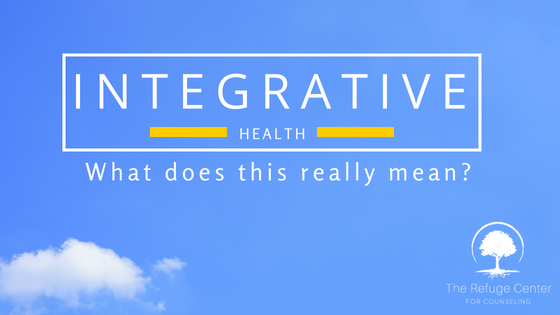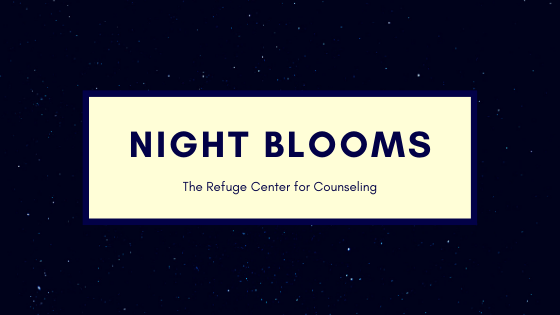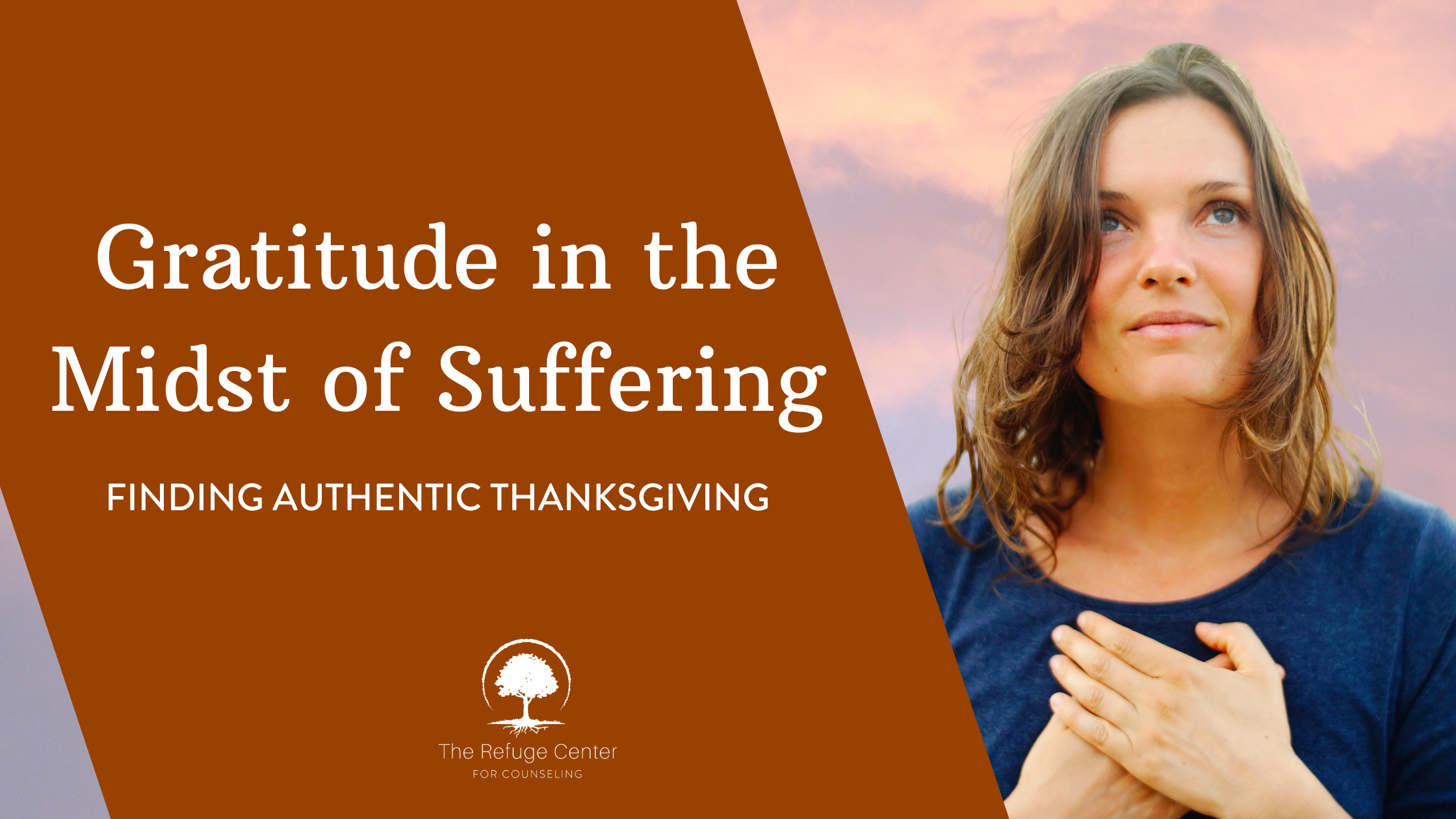Last week, we discussed trust. We talked about the emotions associated with trust, the components that comprise trust, and how one can tangibly tell if trust exists within a relationship. Click HERE to read. However, it is important to highlight that there are two people involved in any relationship – the other person and you. When was the last time you stopped to consider how much you trusted yourself?
Oftentimes, it is easier to focus on the other person in relationships, counting the marbles that they have put in and taken out of the imaginary trust marble jar. It is harder to look in the mirror and examine the relationship that we have with ourselves. This can be an incredibly difficult and uncomfortable process that many would rather avoid. In fact, with the introduction of technology and endless entertainment at our fingertips, it is now easier than ever to choose to avoid quiet time with oneself. However, we cannot establish healthy relationships with others unless we know who we are first. We cannot give to others what we don’t have ourselves. Therefore, if we do not trust ourselves, how can we trust others? Furthermore, how can we expect others to trust us?
So, how do we assess self-trust? In her book, Rising Strong, Dr. Brené Brown (2015) gifts readers with the BRAVING acronym, which outlines the seven essential elements of trust. We discussed last week, how one can utilize the BRAVING acronym as a trust checklist within notable relationships. Now, I would like you to consider that this includes the level of self-trust that one has in the relationship with themselves.
For instance, when considering yourself:
Boundaries – Did you respect your own boundaries? Were you honest with yourself and others about what’s okay and not?
Reliability – Were you reliable? Did you uphold your commitment to others and yourself? Did you do what you said you were going to do in the amount of time that you said you were going to do it?
Accountability – Did you hold yourself accountable?
Vault – Did you hold information sacred, sharing appropriately while respecting that not all information is yours to share?
Integrity – Did you act with integrity? Are you the same in front of a crowd as you are behind closed doors? Do you choose to do what is right over what is fun, fast, and easy?
Nonjudgment – Did you ask for what you needed? Were you nonjudgmental with yourself about needing help?
Generosity – Are you generous towards yourself, extending the most generous interpretation towards yourself, your words, and actions?
What was it like to go through this checklist? Was it easier or harder than applying the BRAVING acronym towards your relationships with others? Like many, you may have discovered that it is more natural for you to violate your own boundaries or forsake a commitment to yourself. Or, you may have realized that being your own worst critic could severely impact self-trust. Regardless, instances like this don’t have to bankrupt self-trust – it isn’t all or nothing. If you feel disconnected from yourself or scored low in self-trust, you now have an opportunity to build trust with yourself by befriending yourself. How do you do this?
Take time during the day, even if it is just for a few minutes, to be quiet with yourself and assess how you are doing. A lot of people find journaling to be the easiest way to do this, but you can also just turn off the tv and put technology in another room for a few minutes. You may also find that the only time to be alone with your thoughts is the few minutes you have in the car after dropping the kids off at school or right before bed – those are also awesome opportunities to connect with yourself and assess how you can implement one of the seven elements of trust into your daily routine.
At the end of the day, we do not have control over others or their actions within a relationship. When it comes to trust, we cannot “fix” the other person or force them to put marbles in the jar, despite the pain that their actions may cause. We do not have that power, and we must allow others to have the dignity of making their own choices. However, we can focus on what we have power over in this situation, and that includes self-trust and the relationship that we have with ourselves. Therefore, what is one thing that you can do to build trust with yourself this week?
Is there a commitment that you can make with yourself and keep this week? This may include going to bed or waking up at a certain time; scheduling that appointment you have been putting off; or practicing that self-care strategy that you have been neglecting.
Is their information that you wrongly shared with others? What would it be like to seek forgiveness for this or set a new boundary for yourself, so you can release this heavy burden?
Is there an area of your life that you need to ask for help? What would it be like to take this step into vulnerability this week with an individual who has established trust?
Is your inner critic extra loud, causing you to be judgmental towards yourself? Consider what you would tell a friend if they came to you about their struggle to be nice towards himself or herself. Write this down and practice speaking this affirmation over yourself to showcase the same generosity.
If this is something that you would like to further explore, we would love to walk alongside you. The Refuge Center exists to offer excellent, accessible, and affordable mental and emotional healthcare services in support of a transformational impact on communities. You can schedule an intake appointment by calling 615-591-5262 or by emailing [email protected]. Our trained, nonjudgmental intake specialists will connect you with one of our counselors who will meet your personalized needs. To learn more about what Refuge offers, visit refugecenter.org/services. If you would like to support our mission and vision, including more resources like these, please visit refugecenter.org/building-refuge/
Source:
Brown, Brené (2015). Rising Strong. Random House.




